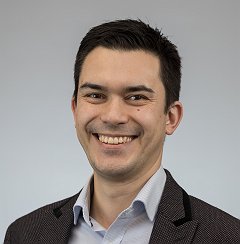Functional programming has been celebrated for its promise of pure functions, delivering referential transparency and elegant reasoning about programs. However, real-world applications are not pure, and necessitate interaction with the outside world, introducing computational effects such as IO, state, and exceptions. The journey to harmonize these seemingly contradictory paradigms has led to a fascinating evolution of effectful programming in Haskell.
The introduction of monads as a practical programming tool was a pivotal discovery, enabling controlled sequencing of effectful computations and addressing the challenge of handling side effects in a pure language. However, it soon became evident that the lack of modularity in composing effects using monads posed a limitation to effectful programming. To overcome this obstacle, monad transformers emerged as a solution, providing a composable manner of building effects on top of one another.
More recent advancements have led to algebraic effects as an alternative framework that is easy to extend, particularly as domain-specific languages crafted to work in specific contexts. Nevertheless, these effects are not without quirks and limitations, leading to the development of higher-order effects. These higher-order effects extend the capabilities of algebraic effects, providing greater flexibility for expressing effectful computations, while also shedding light on the connection between the monad approach and the algebraic approach to effects.
This talk will survey the historical milestones that have shaped the landscape of effectful programming in Haskell, exploring the transition from monads to monad transformers and the emergence of algebraic and higher-order effects.
Tue 16 JanDisplayed time zone: London change
09:00 - 10:30 | |||
09:00 10mDay opening | Opening PLMW @ POPL Derek Dreyer MPI-SWS | ||
09:10 35mSocial Event | Ice Breaker PLMW @ POPL | ||
09:45 45mTalk | The Evolution of Effects PLMW @ POPL Nicolas Wu Imperial College London | ||
